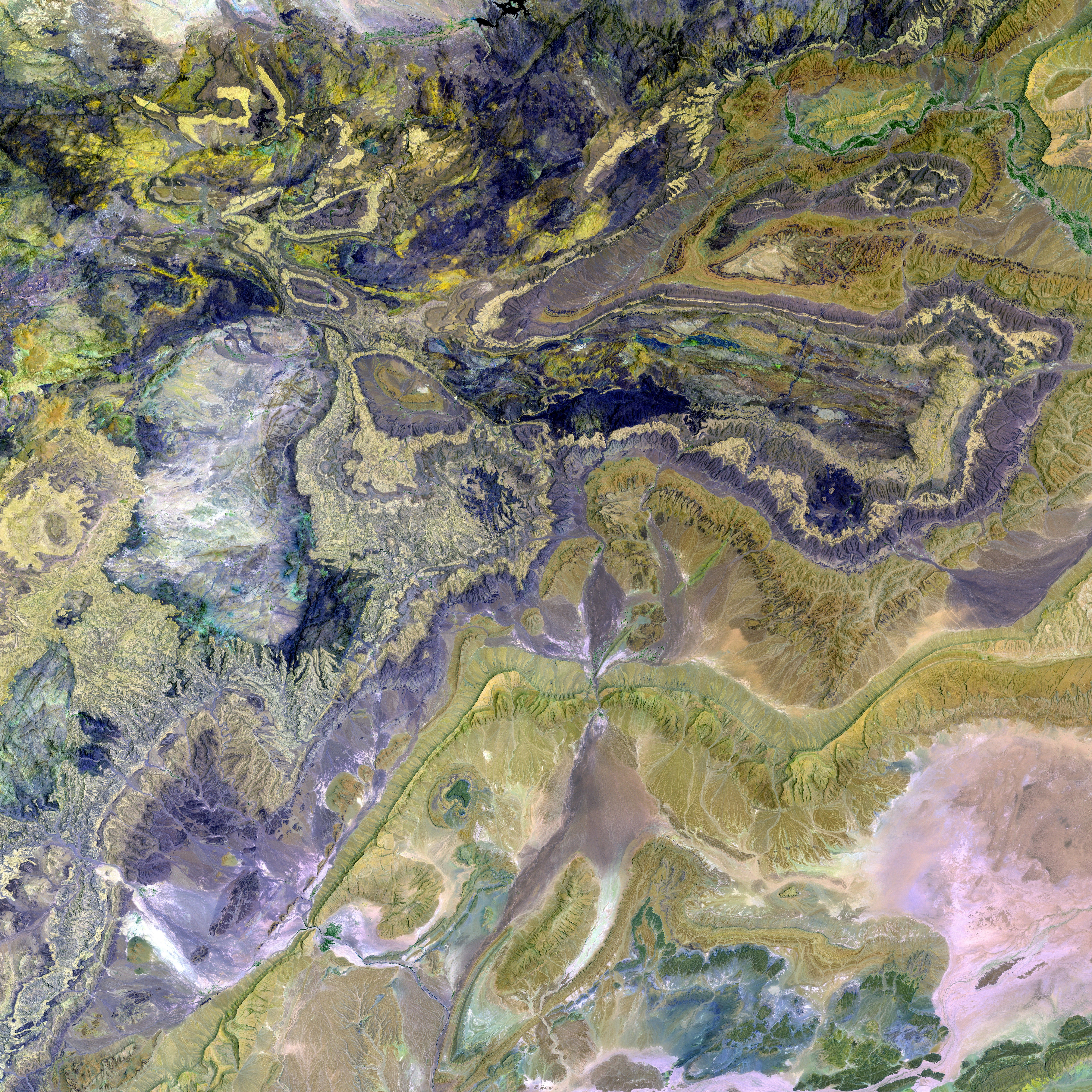Argentina's Black Money Revival: Trade-off Between Stability and Resurgence
Illegal Funds Serving as Argentina's Economic Lifeline - Secret Strategy to Safeguard Argentina with Tucked-Away Funds
For centuries, Argentina has been synonymous with beef productions. However, the country's ballooning inflation has rendered this national staple unaffordable for many residents. Prices for various goods have skyrocketed, forcing people to scrutinize prices in different supermarkets and settle for inexpensive alternatives like chicken over beef.
Inflation in Argentina stands as the highest worldwide, eclipsing rates recorded in Zimbabwe. The country has experienced a tumultuous economic downturn, with its currency, the peso, and banks maintaining a high degree of mistrust. To safeguard savings and investments, Argentines often choose foreign currencies, predominantly the U.S. dollar. Estimates suggest that there is more U.S. currency in circulation in Argentina outside the United States than anywhere else in the world.
In an effort to stabilize the economy, newly-elected President Javier Milei has prioritized reducing the budget deficit and fostering economic recovery. His ambitious proposition involves legalizing the vast amount of unreported "black money" in circulation, aiming to stimulate growth by encouraging Argentines to spend or invest their dollars.
The government is contemplating relaxing or abolishing numerous tax reporting obligations for bank transfers, cash withdrawals, and property and car sales. According to Milei, this will eliminate bureaucratic hurdles and provide individuals with the autonomy to utilize their own funds. This initiative, according to the head of state, is not about collecting taxes but making funds accessible for unrestricted use.
However, this unconventional approach to bolstering the economy has drawn skepticism. Critics fear that this policy could lead to millions slipped through the regulatory net, fostering potential money laundering and further exacerbating public finances. The lack of transparency in this measure has raised concerns about the credibility of financial transparency and governance.
By legalizing previously hidden dollars, there is optimism that inflation could be reduced, as an abundance of hard currency would quell the dominance of the peso and ease its volatility. If businesses and consumers adopt the dollar for transactions, it could diminish the devastating impact that peso inflation has had on the economy.
In a dire economic climate burdened by skyrocketing inflation and minimal wage growth, the success of this experimental policy will be crucial in determining its long-term impact on the Argentine economy's stabilization.
- The community policy being proposed by President Javier Milei to legalize black money and reduce tax reporting obligations could have a significant impact on the business sector, as it may encourage Argentines to spend or invest their dollars rather than holding them in an unreported form.
- The luxury of free movement of workers within Argentina could be a potential benefit of President Milei's policy to legalize unreported funds, as the increased circulation of United States dollars may foster a more robust economy and potentially attract foreign investment, thereby generating job opportunities.





